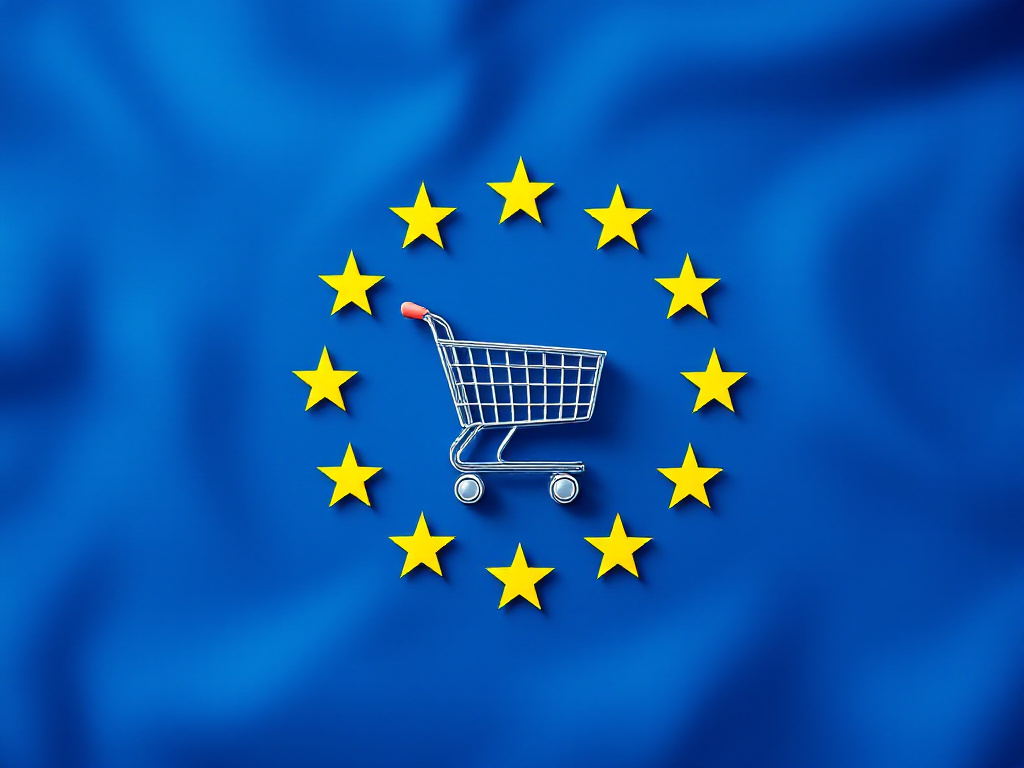

Register
Provide your email address and agree to let us do stuff, and we’ll send you a verification email to create your account and get started.
Guys, if we’re already paranoid enough to be interested in a product like this, don’t make us paranoid to even want to “get started” using a product like this.
Sounds like a scam, even if they are totally legit.





Just for clarity, I followed the links they wanted me to follow.
The sketchy tone and vagueness while they “do stuff” after getting your email seem to have no connection to self-hosting at all.
If my intention was not to self-host, they lost me before I could even trust them enough to provide an email address 😟